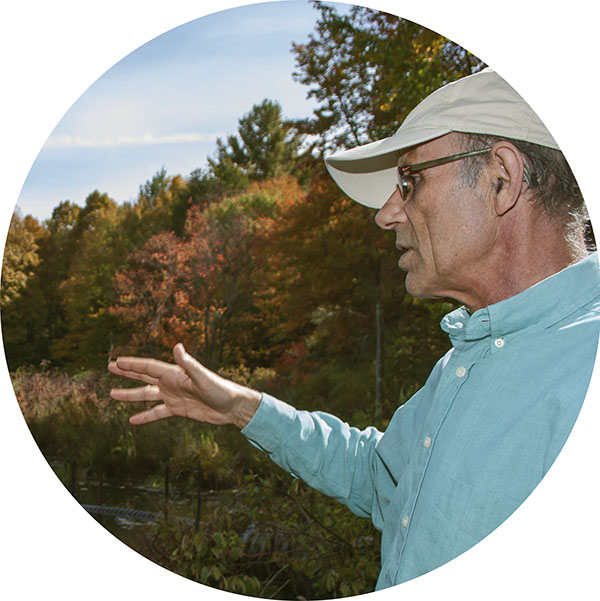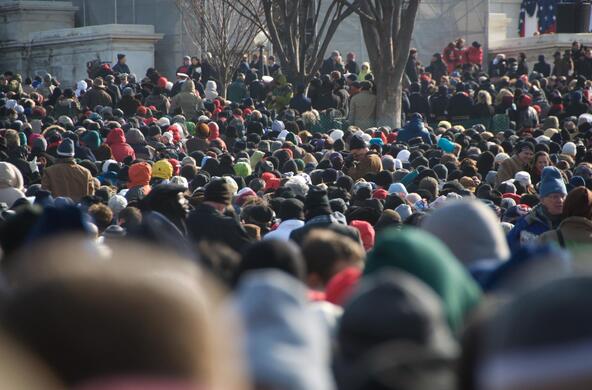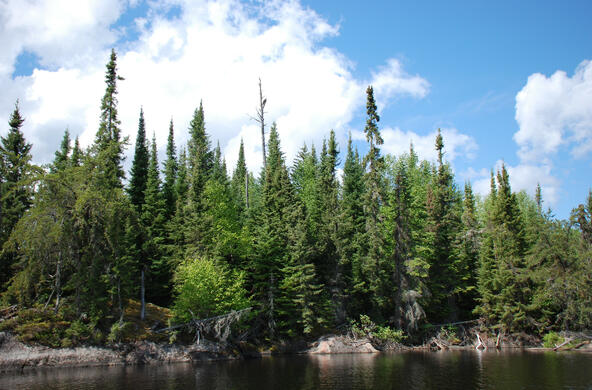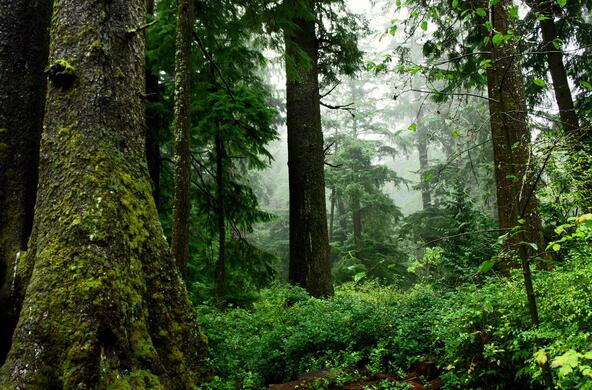A volcano erupts in Iceland, and cinders and sulfur dioxide are spewed into the atmosphere. With no rain and a southerly wind, the plume wafts across Europe. Air traffic halts. Thousands are stranded. The British Navy launches a citizen rescue operation akin to, but not quite on a par with, Dunkirk in World War II.
Businesses, particularly airlines, lose millions of dollars a day. The boats, trains and even taxis collect some of the loot. Actor John Cleese of Monty Python fame reportedly paid $5,100 for a taxi ride from Oslo to Brussels.
The airlines, fearing financial disaster, criticize governments for inaction and start test flights; no damage is observed, so far. European governments, desirous of acting in concert, are paralyzed, but no one can take the risk of jeopardizing human safety.
I sit here writing this stuck in Paris — there are worse places to be stranded — because my trip to visit my mother in England for her 87th birthday had to be canceled. I see no volcano cinder dust on top on the cars because they are already covered in dirt from urban air pollution from the burning of fossil fuels.
I enjoy clear blue skies free of contrails. I imagine there are scientists out there measuring the impact of the volcano and the absence of contrails on the climate, as they did without the volcano when air traffic was canceled after the terrorist attacks on Sept. 11, 2001. Incidentally, the scientists showed then that contrails, by forming clouds, did significantly cool the North American climate.
The volcano is a natural disaster, and nothing can be done. We can hope the eruption stops, or it rains to bring the cinders down, or the wind changes direction. We seem to have no influence on these things — certainly not on volcanoes.
Now let me change pace. Instead of a few days and a volcano, let's think of many years and coal. Household fires and furnaces burn throughout the world, spewing soot, sulfur and nitrogen oxides, and mercury into the atmosphere along with carbon dioxide
With constantly changing winds, the plume wafts across Europe, North America and most everywhere. Acid rain with mercury descend from the skies to land, rivers and lakes. High-elevation forests die, many fish are killed, and those fish that live have elevated mercury, making them dangerous to eat.
Meanwhile, the concentration of carbon dioxide in the atmosphere from coal and other fossil fuels inexorably rises. Businesses, particularly those in the coal, oil and gas industries, say they will lose money if it they are not allowed to continue as usual. The world's governments are paralyzed and cannot come to an accord over climate change legislation because no one wants to take responsibility for ensuring long-term human safety.
Finally, let me shift to the future. We take no action on carbon dioxide emissions, climate change continues, and volcanoes come to the rescue.
You think this scientist has lost his mind while stranded in Paris. Yet we know that by spewing sulfur dioxide into the upper atmosphere (not the lower atmosphere where the smaller Eyjafjallajokull volcano in southern Iceland is causing the current problems), volcanoes actually cool the climate because the sulfur dioxide particles reflect the energy of the sun.
The 1991 eruption of Mount Pinatubo in the Philippines was well studied by scientists. Global temperature cooled by nearly 1 degree Fahrenheit for a couple of years because of the injection of between 15 million and 30 million tons of sulfur dioxide into the atmosphere. As a consequence, some scientists who fear we will not act on climate change in time to prevent disaster — one of whom has a Nobel Prize — have proposed we simulate volcanoes by firing sulfur dioxide into the upper atmosphere, maybe via rockets.
This is what is called geo-engineering the climate. If you think paying $5,100 for a taxi ride is ridiculous because a volcano has temporarily interrupted your travel plans or that eating lots of lake trout loaded with mercury is a foolhardy consequence of not bothering to regulate the quality and quantity of the coal we burn, then I leave it up to you to judge where you might rank simulating volcanoes as a means of solving our inability to recognize and act on what is clearly a major problem for humanity — climate change.







